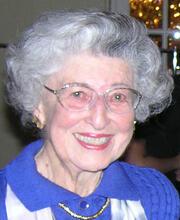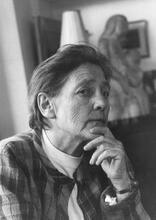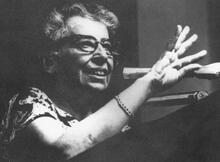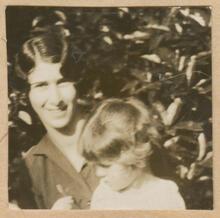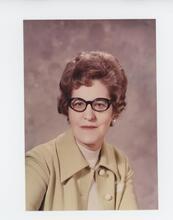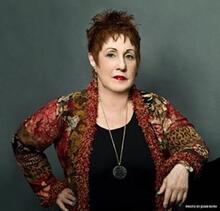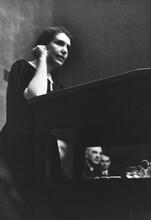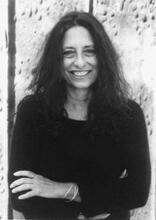Fay Berger Karpf
Fay Berger Karpf made major contributions to social science with her analysis of the history of social psychology. Karpf earned her PhD from the University of Chicago and moved to New York, where she lectured at the Graduate School for Jewish Social Work. In 1928 she became director of its department of social research. Her 1932 book, American Social Psychology, traced the history of sociology and psychology. In Dynamic Relationship Theory, she linked her own case studies with the theories of Otto Rank, a student of Freud who broke away, arguing that traumatic events could affect people even after childhood. Karpf continued to lecture on Rank and wrote numerous articles and a 1953 book, The Psychology and Psychotherapy of Otto Rank.
Article
Fay Berger Karpf made important contributions to Jewish American intellectual and social history. Both she and her husband, Maurice Joseph Karpf, were key figures in the Jewish welfare movement in New York, Chicago, and Los Angeles from the 1920s through the 1950s. But Karpf was also a significant social scientist and teacher, as well as an ardent supporter and interpreter of Otto Rank, the eminent psychoanalyst who studied with Sigmund Freud and later broke with Freud’s teachings. For most of her professional career, Karpf lectured, taught, and wrote about the profound influence of Rankian theories on American psychoanalytic practice.
Fay Berger Karpf was born in Austria on April 17, 1891, to Barnett and Ethel Berger, who immigrated to Chicago in 1899. In June 1915, she married Maurice Karpf in Gary, Indiana. Karpf earned her teacher’s certificate at Chicago’s Normal College in 1918, taught in the Chicago public school system for a year, and then earned a bachelor of science degree from Northwestern. In 1925, she was awarded a Ph.D. in psychology from the University of Chicago. Karpf and her husband moved to New York City, where she lectured on social theory and methods in social investigation at the Graduate School for Jewish Social Work. In 1928, she accepted the directorship of the school’s department of social research.
Karpf’s first book, American Social Psychology (1932), traced the historical and professional development of social-psychological thought, from its European roots among nineteenth-century philosophers and sociologists through its use among American educators such as John Dewey. Although it was heralded in the early 1930s, American Social Psychology was rescued from obscurity when it was rereleased in 1970. In 1987, it was translated into Japanese. Karpf’s second study, Dynamic Relationship Therapy (1937), was a compilation of essays she had published in the professional journal Social Work Technique. In this book, she combined Otto Rank’s contributions to psychoanalysis with the kinds of clinical case studies with which she and her husband were both familiar.
While her husband was a major proponent for Jewish social workers during the 1930s and 1940s, Fay Karpf remained primarily a vigilant teacher, lecturer, and author in the academic realm. Therefore, it would be hard to say whether Karpf was drawn to Rank, or to the social psychology movement in general, because of the movement’s prominent position among Jewish intellectuals and activists or because of its increasing popularity among her professional cohort. For the remainder of her career, a good deal of which was spent as a researcher in Los Angeles, Karpf worked hard to disseminate Rank’s ideas and writings as widely as possible. During the late 1940s, she published several academic pamphlets, which were later collected, expanded, and published in her full-length study, The Psychology and Psychotherapy of Otto Rank (1953).
After decades of teaching and lecturing, Fay Berger Karpf died in Los Angeles on April 7, 1964.
BEOAJ; UJE, s.v. “Karpf, Maurice J.”.
WWIAJ (1938).

